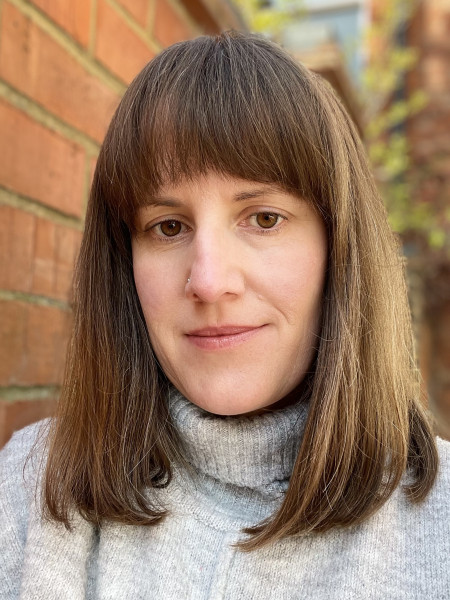
Dr Agnes Czajka
Professor Of Politics And International Studies
Biography
Professional biography
Agnes Czajka joined the Department of Politics and International Studies in 2013. Prior to joining the Open University she taught politics at Sabanci University in Turkey, and sociology at the American University in Cairo and the University College Cork in Ireland. Agnes received her M.A. in Political Economy from Carleton University in Ottawa, and her Ph.D. in Sociology from York University in Toronto.
Research interests
Agnes’s research interests include contemporary social and political thought, continental political philosophy, democracy, citizenship, contentious politics, migrant and refugee politics, and European and Mediterranean politics. Agnes’s most recent books include Art, Migration and the Production of Radical Democratic Citizenship (Rowman and Littlefield), Democracy and Justice: Reading Derrida in Istanbul (Routledge), and Europe After Derrida: Crisis and Potentiality (Edinburgh University Press).
Recent publications
A selection of my research publications can be viewed at The Open University's Open Research Online.
Publications
Book
Art, Migration and the Production of Radical Democratic Citizenship (2022)
Book Chapter
Reimagining Europe as a Europe of Refugees: A Thought Experiment (2025)
Rituals of resistance and the struggle over democracy in Turkey (2020)
Hospitable Democracy: Democracy and Hospitality in Times of Crisis (2020)
Europe’s Other: Europe, Europeanization and the Refugee (2009)
Journal Article
Mapping the Margins of Europe: Race, Migration and Belonging (2017)
Migration in the age of the nation-state: migrants, refugees and the national order of things (2014)